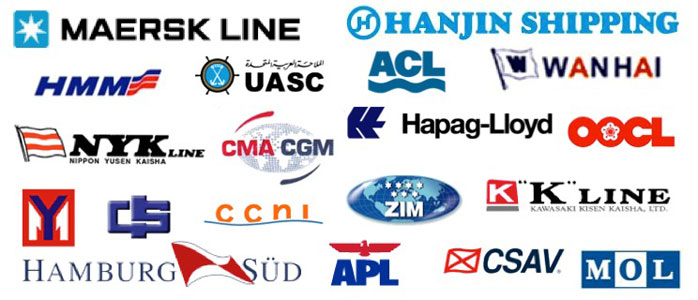Sabah cannot raise exports to Port Klang with cabotage policy, industrialist says.
16 January 2016
Sabah cannot raise exports to Port Klang with cabotage policy, industrialist says.
KOTA KINABALU, Jan 6 — Sabah is unable to increase exports to Port Klang as the cabotage policy drives up manufacturing costs, a Sabah industrialist said today. A regional trade council’s suggestion that Sabah export more to Port Klang if it wants to lower freight charges from Malaysia’s main port shows a lack of understanding of the challenges faced by Sabah exporters and manufacturers with high operational costs, former Federation of Sabah Industries (FSI) chairman Datuk Wong Khen Thau said. “His comment is only rubbing salt into the wound. “Telling us to support Port Klang more just makes it more confusing and angers the industry. It’s not that we do not want to export to peninsular Malaysia, but the effects of the cabotage policy mean manufacturing costs like import of raw materials are higher. So don’t expect the industry to grow as expected,” Wong told Malay Mail Online. Brunei Darussalam-Indonesia-Malaysia-Philippines East Asean Growth Area (BIMP-EAGA) ― business council’s (BEBC) chairman Datuk Roselan Johar Mohamed reportedly said earlier today that the trade ratio between Port Klang and Kota Kinabalu is currently at 85:15, in favour of Port Klang, which causes inward freight to be high to cover the costs of the return trip. “To offset this negative ratio, we must learn to export more to Port Klang. This is a strategic move which both of us cannot do alone,” he was quoted saying by The Borneo Post. Wong said in response that 90 per cent of Sabah’s industry are smallholders and that businesses cannot afford manufacturing costs as the shipping of raw materials is expensive due to the cabotage policy. “While Roselan is not wrong in his statement, it is not helping the local players, who are mostly small enterprises and cannot afford to import or export in volume,” he said. Wong, who resigned from the FSI last year after 16 years of campaigning against the cabotage policy, said that shipping companies in Port Klang also charge Sabah businesses double the cost of a single journey regardless of whether their containers are filled up on the return journey. “What he did not say is that we already pay double the costs. There is no refund or rebate if their containers were filled. Easy for him to say we need to support Port Klang too, it’s very painful to hear,” he said. Wong also took Roselan to task for citing Indonesia as an example of a successful cabotage policy system, as Indonesia had many islands which needed to be serviced by local vessels. He also criticised Roselan for his comment on having no problems directly importing and exporting products himself, saying that most local producers did not have the luxury or volume. “He said share with others how we can do that, too. It’s not like smallholders do not want to export to foreign companies, but we cannot do it directly as most ships do not come here directly from abroad unless their products are like palm oil or timber which is high yielding,” he said. Sabah has been wrestling with the high prices of goods in the state, which has been largely attributed to the cabotage policy where only Malaysian-flagged ships are allowed to transport locally-manufactured goods from the peninsula to Sabah. Foreign vessels carrying in imported goods have to offload in Port Klang first before reaching Sabah but the lack of return cargo results in high costs for shipment which is then translated into high consumer prices in the east Malaysian states, by at least 30 per cent. Last week, Agriculture and Agro-Based Industry Minister Datuk Seri Ahmad Shabery Cheek said that he would discuss reviewing the cabotage policy, particularly involving export companies in Sabah, at the National Export Council meeting. Describing the system as “no longer practical”, he said he understood the challenges faced by Sabah exporters in delivering their goods, in particular agro-food products to other countries, as they were forced to go through Port Klang first.





